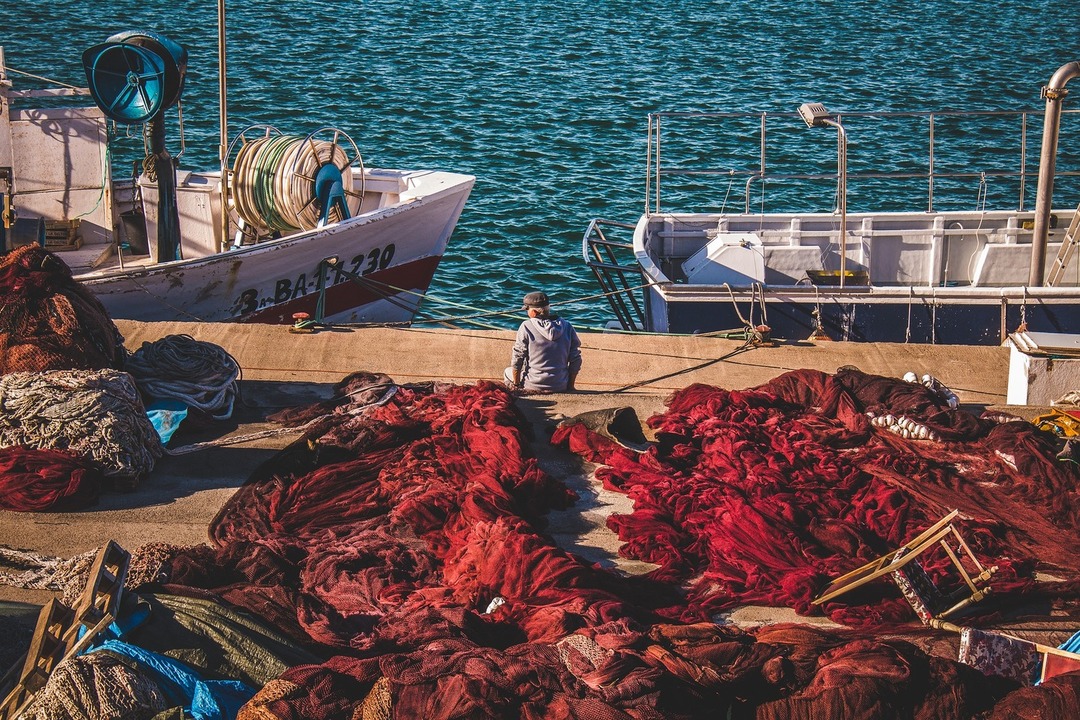L’article “Ecological and economic effects of COVID-19 in marine fisheries from the Northwestern Mediterranean Sea” de Marta Coll, Yesmina Mascarell i Miquel Ortega (Fundació ENT) s’ha publicat a la revista científica Biological Conservation.
The SARS-CoV-2 coronavirus pandemic starting at the end of 2019 impacted many human activities. We analysed the abrupt reduction in fishing pressure of the mixed small-scale and industrial fisheries in the Catalan Sea, Spanish Mediterranean, and resulting ecological and economic impacts during the first half of 2020. We used detailed fisheries data on fishing effort, landings, revenues, landings per unit of effort (LPUE) and revenues per unit of effort from January to June 2020, and complemented it with the outcomes of a marine ecosystem model. We analysed data from 2017 to 2019 and compared these to 2020 to characterise changes in the fishing activity from before (January–February) to during (March–May) the lockdown. Fishing effort during the lockdown dropped by 34%, landings were down by 49% and revenues declined by 39% in comparison with the same period in 2017–2019. LPUEs did not show significant changes during the lockdown, with the exception of shrimp species, especially the deep-water rose shrimp, which significantly increased in LPUE during March–May. These increases may reflect positive effects of reduced fishing on fast-growing species. Positive effects mostly disappeared in June 2020 with the relaxation of the lockdown. In agreement, the ecological simulations projected slight short-term increases of biomass for fast-growing, small-sized organisms during 2020, which quickly vanished when fishing resumed, and which had no detectable ecosystem effects. Three additional alternative ecological simulations illustrated that to substantially recover commercial species and ensure ecosystem sustainability in the study area, a sustained and notable reduction of fishing activity would be needed.

